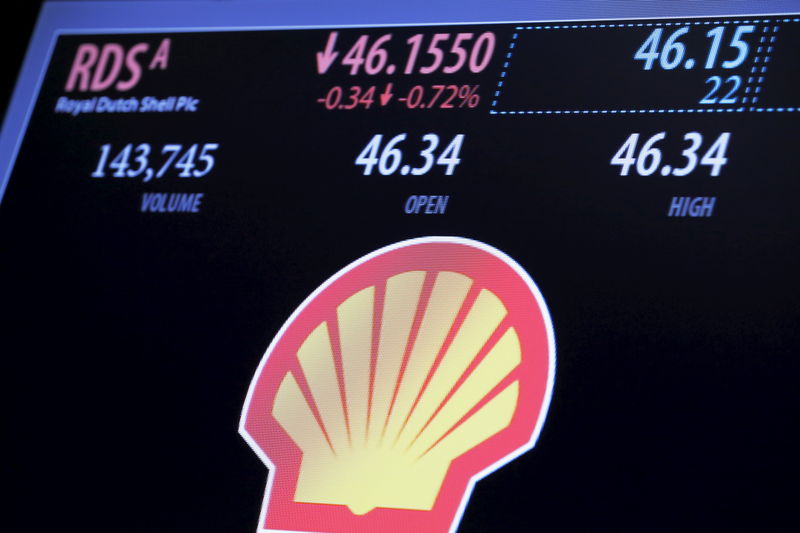By Geoffrey Smith
Investing.com -- European stock markets opened higher Wednesday, stabilizing after Tuesday’s sharp selloff, but investors remain cautious about the strength of the global recovery and the threat of the delta Covid variant.
By 4 AM ET (0800 GMT), the Euro Stoxx 50 and the broader Stoxx 600 index were both up by 0.5%. The OMX Copenhagen 20 and Germany’s DAX led the way with gains of 1.0% and 0.7% respectively.
Stock markets around the globe have been on a tear for much of the year, helped by successful vaccination programs and vast amounts of monetary and fiscal stimulus.
However, this enthusiasm is showing signs of waning. All three major European indices dropped by around 1% on Tuesday, not helped by German ZEW economic sentiment falling by much more than expected. Also, the broad-based S&P 500 broke a seven-day winning streak on Wall Street after the ISM non-manufacturing PMI, a key gauge of service-sector activity, fell more than expected, raising worries that the U.S. economy may be approaching a peak.
Fears about the economic outlook were assuaged, at least partly, by some encouraging corporate updates: Royal Dutch Shell (LON:RDSa) stock rose over 3% after the oil and gas giant said it will accelerate its program of returns to shareholders in the light of better cash flow. Italian payments firm Nexi (MI:NEXII) hit an all-time high after its merger plan with Danish-based Nets received regulatory clearance, and heavily-weighted software giant SAP (DE:SAPG) rose over 3.7% after Bank of America put it on its ‘buy’ list with a price target of 150 euros, some 25% above Tuesday's close.
Economic data were less supportive: German industrial production fell 0.3% in May, a lot weaker than the 0.5% growth expected, and U.K. house prices fell for the first time in five months, according to lender Halifax. However, most eyes will be on the release of Federal Reserve meeting minutes later Wednesday.
Elsewhere, oil prices stabilized Wednesday after the previous session’s wild ride during which traders digested the failure of the Organization of the Petroleum Exporting Countries and allies to agree a deal to boost production.
This outcome initially resulted in sharp gains, with the Nymex contract climbing to its highest in nearly seven years. However, this enthusiasm quickly turned to concern that the spat between Saudi Arabia and the United Arab Emirates over future output levels could lead to a fresh fight for market share, in an echo of last year's price war.
At 2:05 AM ET, U.S. crude futures traded 0.9% higher at $74.07 a barrel, after settling 2.4% lower Tuesday, its sharpest loss in three weeks, while the Brent contract rose 0.8% to $75.11, after dropping 3.4% during the previous session.
Additionally, gold futures rose 0.7% to $1,807.20/oz, while EUR/USD traded 0.1% higher at 1.1828.
